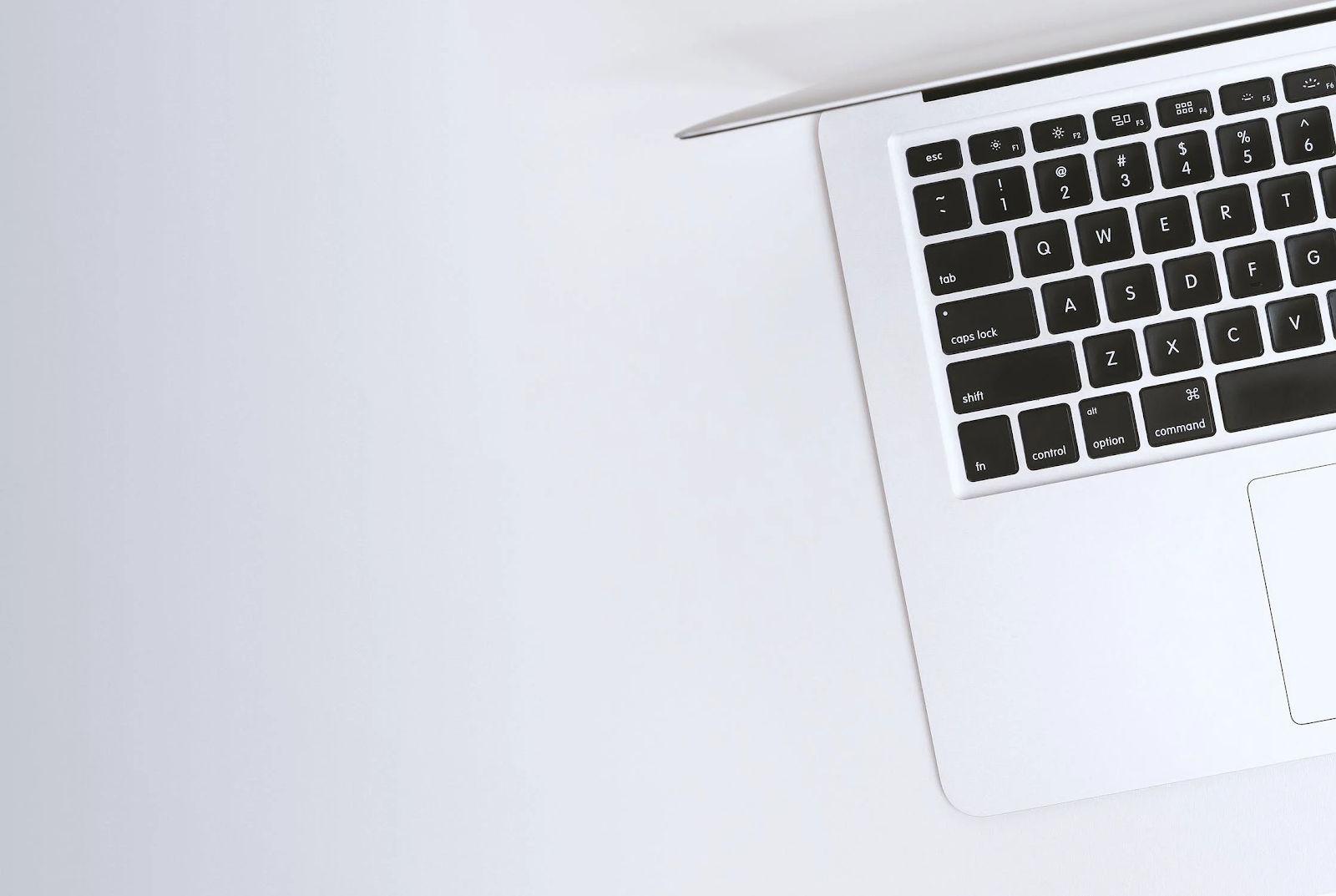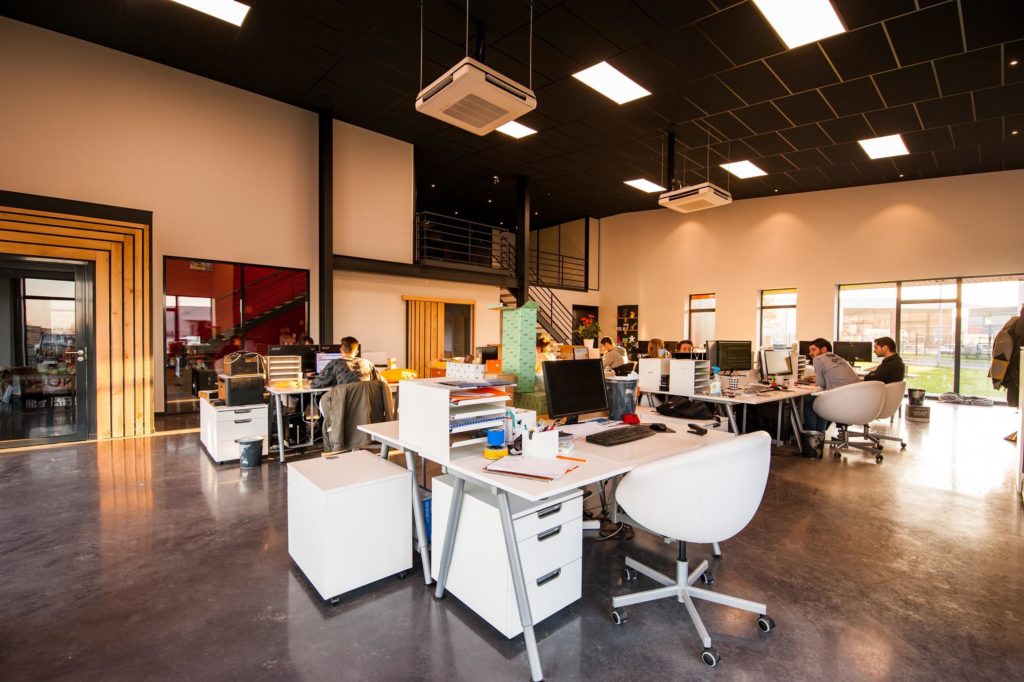The Waste Electrical and Electronic (WEEE) Regulations were first launched in January 2007. However, they have since been updated, and in this post, we will explain the most about getting rid of electronics properly and what it means for you. Read on to discover more.
What responsibility does your business have when disposing of electrical items?
Over the years, there have been a lot of changes in terms of the requirements that businesses have. The changes relate to a huge assortment of different electrical and electronic equipment that is available on the market, this could be anything from an automotive battery charger for your business vehicles to your computer equipment in the office. In the WEEE regulations, this equipment is defined as anything that depends on electromagnetic fields or electric currents to work correctly. It also refers to any equipment that is for the measurement, transfer, or generation of such fields and currents. In essence, the term WEEE covers the majority of products that require a battery or have a plug.
At the moment, there are ten categories that are in place when it comes to defining WEEE. However, this is set to be extended even further in the coming years.
In addition to this, another change made is that overseas businesses that are placing electrical and electronic equipment onto the market now need to be registered. This must be through an ‘Authorised Representative’.
Arguably, the most significant change is in relation to producers that place in excess of five tonnes of electrical and electronic equipment onto the market in any compliance period. If this applies to you, you now need to join a Producer Compliance Scheme (PCS). If you do not register with a PCS, you can register directly with an Environment Agency, or the NIEA, NRW, or SEPA. However, if you go for the latter option, it is up to you to handle the registration process with the Environment Agency and any data reporting if applicable as well as the collection and treatment of electrical and electronic equipment.
You can still come to your own contractual agreements
It is worth noting that the changes that have been made to the WEEE Regulations do not prohibit business end-users or producers from coming to their own contractual arrangements. So long as the electrical and electronic equipment is handled in the correct manner, meaning it is collected, treated, recovered, and disposed of appropriately, then these agreements are more than acceptable. However, you must report all relevant information and data to your Producer Compliance Scheme when going for this option.
You will not need to report data to any agency if the arrangement is for the electrical and electronic equipment waste to be taken care of by the end-user when it reaches its end-of-life. Nevertheless, the business end-user does need to ensure that WEEE is disposed of in accordance with the regulations, and both parties need to have proof of the agreement that is both documented and auditable.









